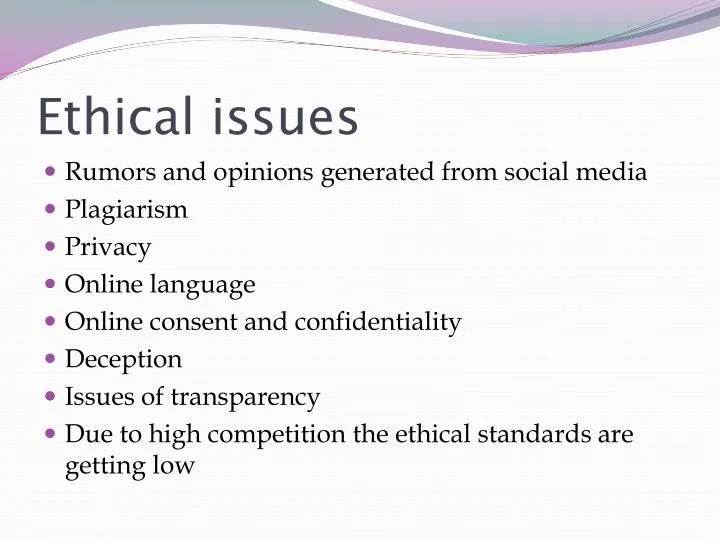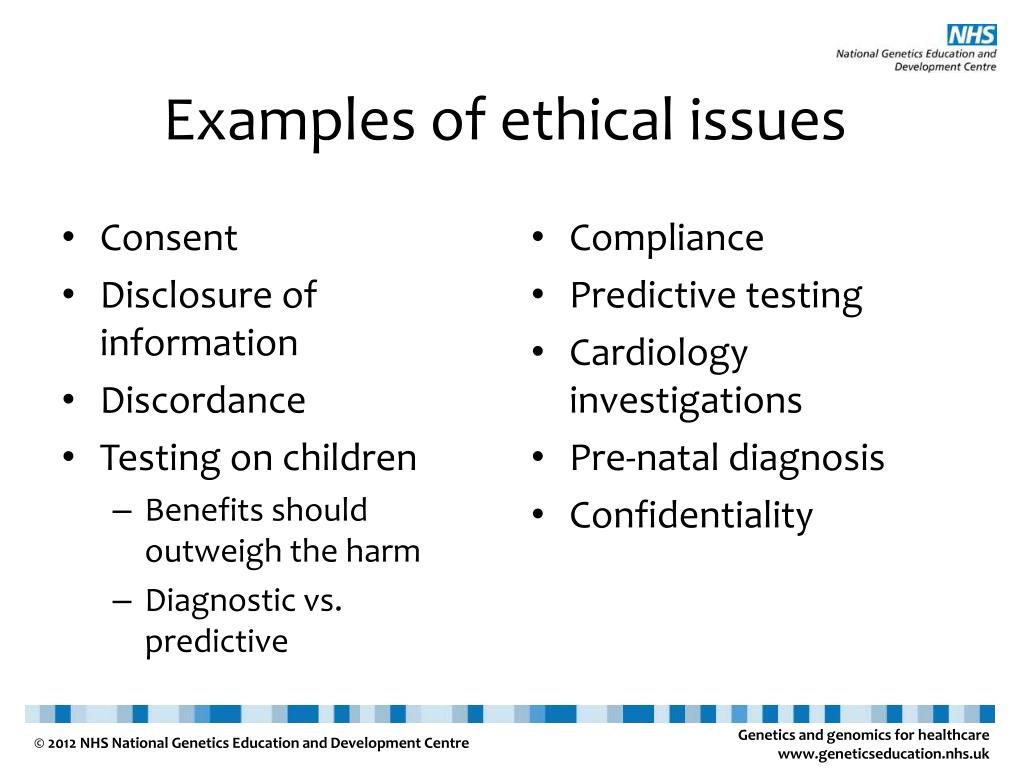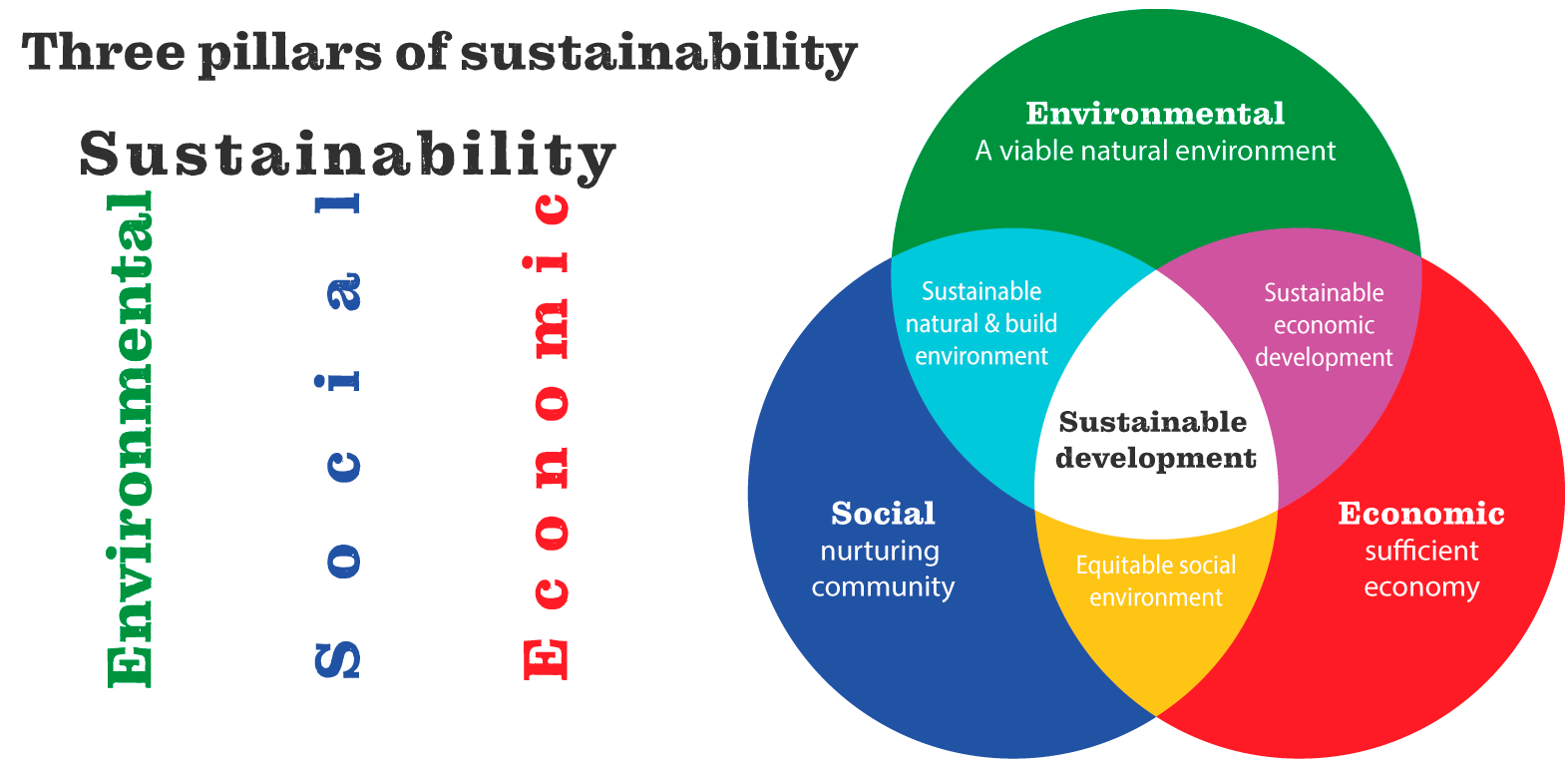
The main or real issue is → lo fundamental es. He makes an issue of every tiny detail → a todo le da mucha más importancia de la que tiene To make an issue of sth I think we should make an issue of this → creo que deberíamos insistir en este puntoĭo you want to make an issue of it? → ¿quieres hacer un problema de esto? To join issue with sb → enfrentarse a or con algn To face the issue → hacer frente a la cuestión or al problema, afrontar la situación A problem is usually an event or question that is currently not working as well as you would like and prefer to find a more workable solution.
#Issues definition professional
To cloud or confuse the issue → crear confusión What is the definition of a problem Paul Chernyak, LPC Licensed Professional Counselor Expert Answer Support wikiHow by unlocking this expert answer. To avoid the issue → eludir or (frm) soslayar el problema They were at issue over → estuvieron discutiendo (sobre). His integrity is not at issue → no se está cuestionando su integridad The point at issue → el punto en cuestión We need to address this issue → tenemos que tratar este asunto or esta cuestión or este tema I was earning a lot of money but that was not the issue → ganaba mucho dinero, pero ésa no era la cuestión Until the issue is decided → hasta que se decida algo sobre el asunto or la cuestión or el tema (= matter, question) → asunto m, cuestión f Although issue is now widely acceptable, choosing another word, such as glitch, problem, or complication, can often lend precision to your writing.Ĭollins COBUILD English Usage © HarperCollins Publishers 1992, 2004, 2011, 2012 issueġ. By 2013, approval had risen to 68 percent.
#Issues definition driver
In 2002, only 18 percent of Panelists approved of the sentence There were a number of issues installing the printer driver in the new release of the software. A similar shift of opinion has occurred concerning the use of issue for a technical problem. Although the acceptance was lukewarm (about a third of the panelists found these sentences only "somewhat acceptable"), this is a substantial increase over the 39 percent who accepted similar sentences in 2002. I don't want to hire someone who has issues with carrying out orders from an authority. In our 2013 survey, 78 percent of the Usage Panel accepted issue in these examples: That kid has issues and needs to see the guidance counselor. The majority of the Usage Panel frowned on it in 2002, but in just over ten years, opinion has shifted such that a majority now find it acceptable. Some people dislike this usage, claiming that it is imprecise or euphemistic. Thus, a business executive who has been accused of fraud is said to have legal issues, a company facing bankruptcy has financial issues, and a person who picks fights may have anger management issues. The word is frequently used in the plural. Philadelphia: Drexel University 2013.Usage Note: People often use issue to refer to a problem, difficulty, or condition, especially an embarrassing or discrediting one. Emerging from the Daddy Issue: A Phenomenological Study of the Impact of the Lived Experiences of Men Who Experienced Fatherlessness on Their Approach to Fathering Sons. The effects of paternal disengagement on women’s sexual decision making: An experimental approach. Adult attachment, stress, and romantic relationships. Handbook Of Personality: Theory And Research.

Attachment Theory and Its Place in Contemporary Personality Theory and Research. New York: Oxford University Press 2010:461-494.įraley RC, Shaver PR. Advanced Social Psychology: The State Of The Science.

It was never about you."įletcher GJO, Overall NC. Cantor observes that part of this involves realizing that when you're in a relationship with someone who is emotionally distant or not treating you the way you want to be treated, "that's not a problem that need to solve, that's information about that person. Once you've recognized how the beliefs you formed during childhood impact your current relationships, you can replace them with new, healthier ones. It's a chance to feel sadness for your younger self, who didn't get what they needed."

Healing from this, Cantor says, "involves anger, it involves grieving. Let yourself feel the pain of the negative relationship with your father and mourn what you didn't have in your life because of it. But through "a combination of education and awareness," you can learn to recognize how your relationship with your father impacted you and how you may be "reconfirming old beliefs" by reenacting childhood patterns in your current relationships. When children's needs aren't met, Cantor explains, they start to believe they aren't worthy of love, attention, affection, or whatever else they require-which reverberates into adulthood.


 0 kommentar(er)
0 kommentar(er)
